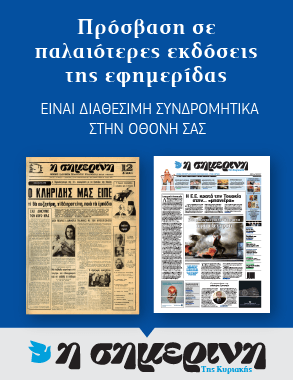The Hellenic - Indian relationship and its defence prospects
The Indian perspective on the Eastern Mediterranean, the coronavirus, Kashmir and Cyprus.
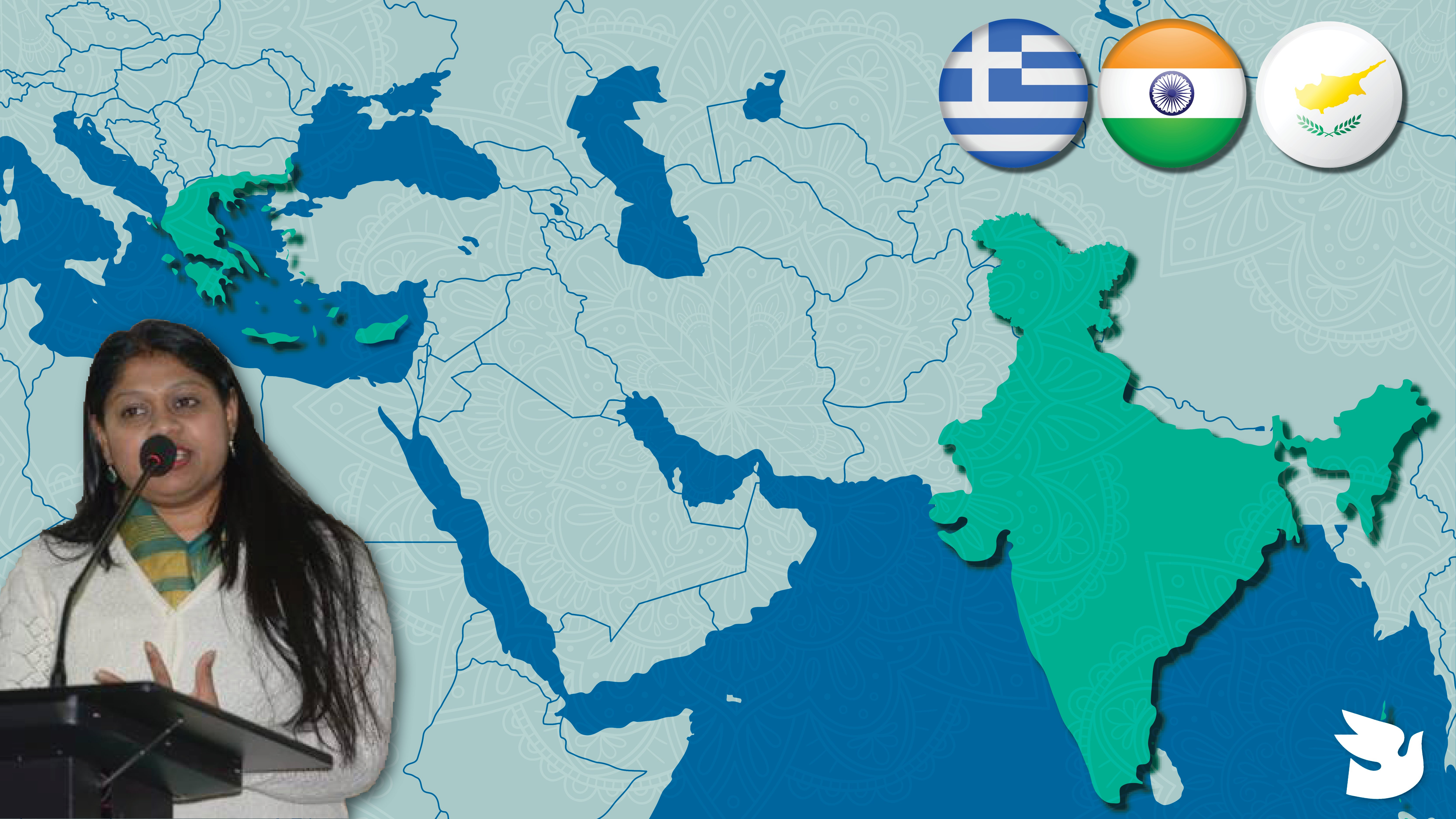
Recently there has been diplomatic mobility between Greece-Cyprus and India, as well as between Turkey and Pakistan. India is also in the international spotlight these days due to the coronavirus.
But how do Indians view events from their point of view?
To find out more, we spoke with Chaitali Bag Halder, an Indian journalist specializing in defense, who also Chief of Bureau for the "Aviation & Defense Universe" (www.aviation-defence-universe.com) online magazine. Chaitali is based in Larnaca, where she has lived with her family for the past 8 years. She has been practicing journalism for the last 10 years and actively participates in the cultural and social activities she helps organize in Cyprus.
Greece-Cyprus-India & Defence
How do you see the future between Greece-Cyprus-India, also in relation to the countries of the Middle East?
India, Greece and Cyprus have been friendly nations for decades with both strong multilateral ties and common geo-political thought. The leaders of the three nations have been meeting each other to discuss enhancement in the growing relationships, before the pandemic personally and in the current global crisis times virtually. Greek Foreign Minister Nikos Dendias and Indian External Affairs Minister S. Jaishankar met virtually in October 2020 to discuss cooperation in the defence and technological areas . You might recall that the Greek Defense Minister Nikos Panagiotopoulos met the Indian Ambassador Amrit Lugun in Athens just prior to brainstorm military ties and plan a road map for strategic development in the near future. We hope to see more joint military exercises between the two defence forces and new defence industrial cooperation in manufacturing, maintenance- repair – overhaul, supply chain development and not to forget research and development.
The two nations have common acceptance to the issue which is nearest to Greece’s heart-Cyprus. Diplomatic relations between Cyprus and India too have been very strong. Cyprus has always supported India and vice versa. Cyprus stood strong behind India during its election in the UNSC as a non-permanent member, in India–United States Civil Nuclear Agreement, and also supports India within the Nuclear Suppliers Group (NSG) and the International Atomic Energy Agency (IAEA). India has always been with Cyprus whether it was their freedom struggle, problems arising out of UNSC Resolution, International Law or European Union . India also has a contingent posted as a part of the UN Police in Cyprus. The two nations do have a lot od MoUs signed in various collaborations but we definitely could do with more on the defence front.
Greece and Cyprus have been not only great neighbours but also strong allies when it comes to regional security. They have robust bilateral ties and impregnable united front. Both have a great friend in India. India definitely has emerged a key player in regional and global arena. The trio will be a formidable alliance indeed when it comes to projecting strength in East Mediterranean, one which can give sleepless nights to Turkey.
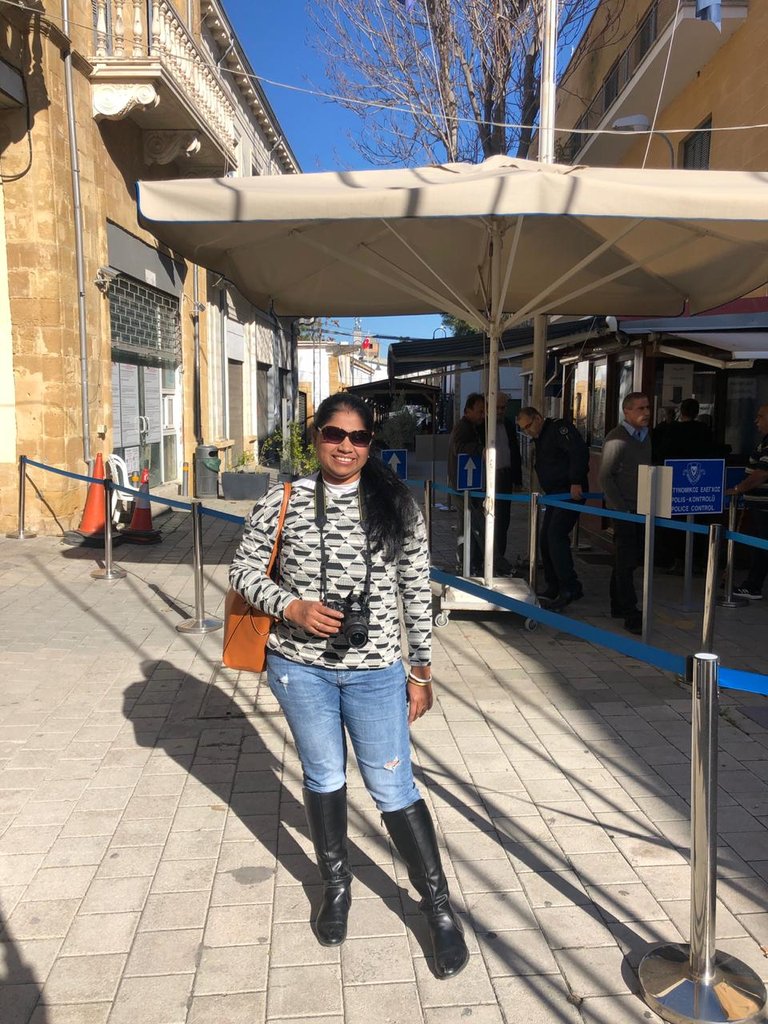
Turkey - Pakistan
What are India's concerns about the development of relations between Turkey and Pakistan?
Turkey –Pakistan could be great friends but Turkey should always remember that Pakistan stands no where when it comes to comparison with India’s global reputation both as a industrially developed nation and a peace loving society. In case of any contingency in the region Turkey – Pakistan combine should remember that India is a strong military power with good diplomatic relations. It will be able to garner support from most of the countries of the world and Pakistan will in this condition have very few respondents. Might seem hypothetical but will be proved when a situation arises.
India keeps a watchful eye on geo-political developments and growing alliances. They can be a matter of concern but not worry. Turkey and Pakistan have always been great friends based on religious commonality and cultural unity. India has an amicable relationship with Turkey but definitely could not have taken lying down it’s criticism of an India’s internal matter in the UN. So definitely India is observing the growing military ties. Pakistan Navy signed a contract for the acquisition of four MILGEM-class (MILGEM project) ships from Turkey which is the largest single military export deal of Turkey worth $1.5 billion and creates not only deep pockets but also a major job market in Turkey. Pakistan has also awarded the Agosta 90B Submarine Modernization Project to Turkey’s STM worth US$350 million. In 2018, Pakistan Navy commissioned a fleet tanker, which was built in collaboration with the STM in Karachi. The two countries have also joined forces for drone production and there is a rumour that they will jointly manufacture fighter jets. Turkey might also turn to Pakistan in building its Siper long-range missile-defense project and TF-X fighter jet but with Beijing’s consent to share it’s technology. Also it is open knowledge that Turkey helped upgrade a batch of F-16 fighter jets for the Pakistan Air Force, manufacturing engines as well as spare parts.
Eastern Mediterranean & China in the background
On the other hand Pakistan and Turkey have signed a deal to purchase 52 Super Mushak trainer turbo-props from Pakistan for Turkey to help train new pilots. And there is a third angle also to these developments which is that Turkey will be part of the JF-17 Thunder Fighter Jets that currently Pakistan develops with China. Now that is a news which will definitely make eyebrows rise. Turkey and Pakistan have been holding exercises in the Arabian Sea which is a matter of India’s interest. The recent report of Pakistan transferring nuclear missile technology to Turkey is of course concern for the East Mediterranean nations too.
Pakistan has been the hotbed of terrorism is no news but if Turkey is supporting Pakistan in this activity then it will be a matter of concern. Turkish President Erdogan has many times reaffirmed Turkey’s solidarity with India against all forms of terrorism but has been in pin-drop silence on cross-‐border terror attacks from Pakistan. Also Turkey’s criticism of Abrogation of Article 370 in Pakistan did fetch an appropriate response from the Indian government and also his suggestion of a “multilateral dialogue” to resolve the Kashmir dispute knowing very well that this is against India’s stand also created a dent in Indo-Turkish ties which are in a downslide in any case. Turkey-Pakistan friendship can be tolerated but Turkey’s meddling in India’s internal matters and supporting Pakistan in it’s anti-India rhetoric will definitely not go well with New Delhi.
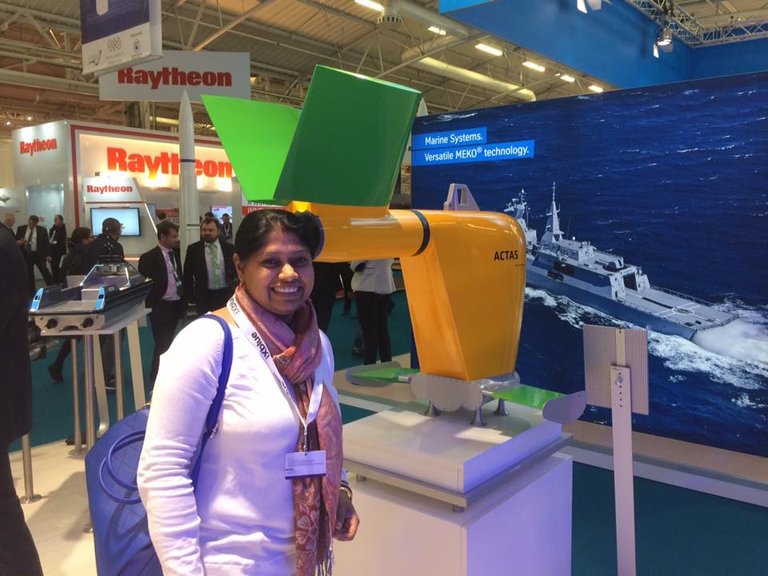
The issue of Kashmir & Turkey
Jammu & Kashmir is an integral and inalienable part of India and basic facts pertaining to this issue are well established. However there has a been a concerted mis-information campaign by Pakistan to distort historical facts. There cannot be any doubt on the validity of signing of the Instrument of Accession by Maharaja Hari Singh (erstwhile ruler of the state) in 26th October 1947 thereby taking the decision to merge with India. It was accepted unconditionally by the then Vice Roy Lord Mountbatten. It was accepted under the Government of India Act (1935) and Independence of India Act (1947), was final and irrevocable. It was the same Instrument of Accession which was executed by over 500 princely states with no problem from anywhere. But Pakistan first sent tribal invaders in October 1947 and then its regular troops in May 1948 to conquer it falsely claiming stake on it.
India made a reference to the United Nations on 1st January 1948 under Article 35 of the Charter, which permits any member state to bring any situation whose continuance is likely to endanger peace and security, to the attention of the Security Council. The intention behind this reference was to prevent a war between the two newly independent countries, which would have become increasingly likely if the tribal invaders assisted first indirectly and then actively by the Pakistan Army had persisted with their actions against India in Kashmir. The Government of India requested the Security Council “to put an end immediately to the giving of such assistance which was an act of aggression against India”. The UN Commission that visited India in July 1948 documented the Pakistani aggression after seeing them operative in Pakistan Occupied Kashmir (POK) under UNCIP Resolution of August 1948. Today Pakistan is harping on self determination whereas under the UN Charter the principles of self determination are meant to apply to colonial territories and not to integral parts of countries. To cut the long story short Kashmir is an integral part of India and is a bilateral dispute between India and Pakistan. We will solve it ourselves and surely do not need a third party mediation.
Article 370 which was abrogated on 5th August 2019 by the Government by moving a resolution which repealed the provisions under Article 370 of the Constitution of India, which granted a special status to the state of J&K. The provisions of Article 370 ceased to exist from the date President of India issued a notification in this regard, after the recommendation of the Parliament. Consequently, the Constitution of India got applicable to J&K, on par with other states/UTs of the country. Now Pakistan has no right to instigate the Kashmiri populace and start a tirade against India taking this abrogation as a cause for interfering in India’s internal issues. And definitely Turkey who neither understands the issue nor makes an effort to analyze logically has no right to raise the issue in UN.
Coronavirus in India

Recently when the eminent reporters of CNN, BBC, Sky news & many other sought after channels were doing the ground zero report from India as how the country is desperately gasping for oxygen and hence life, they only believed in showing the horror, the pain, the anxiety and how pyres were being lit everywhere in the country.
I wondered why everyone chose to ignore the data which showed the recovery rate, the data which gave a clear idea of the vaccinated population. It is very correct that the country was taken in surprise with the sudden surge of cases and this time the fatal variant of the virus striking the old and young equally.
With a population of around 1,390,000,000 which is almost 17.7% of the total world population it is a mammoth task and a heavy burden on the medical agencies of the country. Yet when the Covid tally tops 20 mn there are over 320,000 recoveries a day as well. And to mention the population that has been fully vaccinated against the disease is 30.2 million. Just one day data showed 167,457 patients were recovered, 2,898,257 people were vaccinated and 1639357 samples tested. With these numbers one can surely understand the way the country is fighting effectively with the crisis. To join in this fight 40 countries have pledged oxygen supply from all over the world.
Sanskriti: An Indian NGO in Cyprus
A considerable section of the population in Cyprus still is ignorant about the advancement of India. This innocent ignorance when most of the Cypriots and foreign nationals living here think that India , a Third World nation is a land of snake charmers and poor farmers have to be told about the striking features of this country.
As the only Indian cuisine is not Butter chicken and Naan bread and the only festival celebrated is not Diwali. Sanskriti Cyprus is a registered nonprofit organization in Cyprus which has been found to turn this ignorance to a revelation of the colourful country. Sanskriti means culture and the organization aims to promote the rich & diversified Indian culture in the island of Cyprus. This will lead to a greater cross cultural fertilization between the cultures of the two countries.
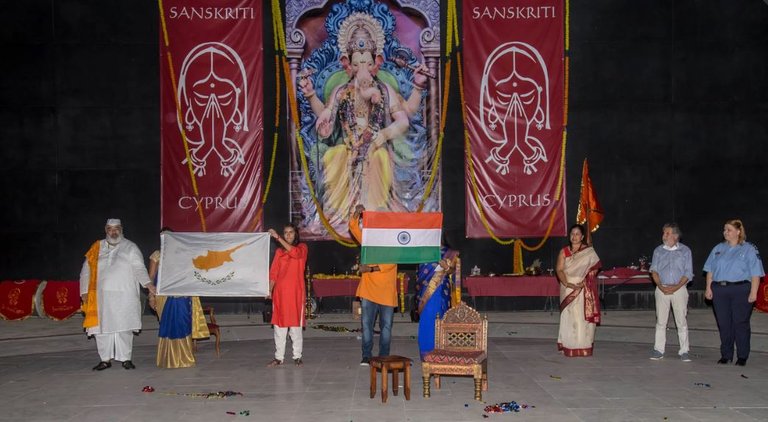
[ολόκληρη η συνέντευξη της Chaitali Bag Halder στη «Σημερινή» στα ελληνικά εδώ]



